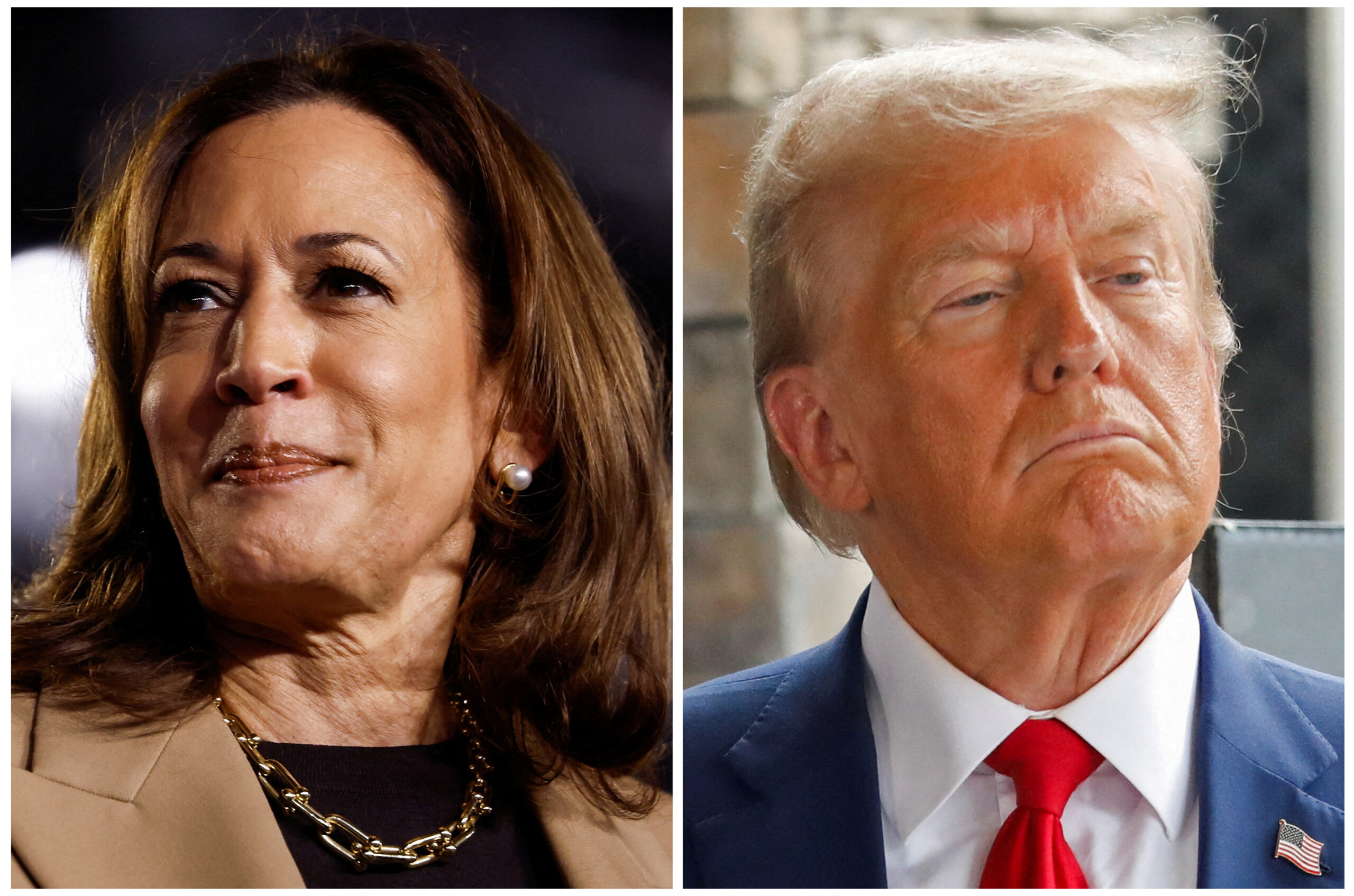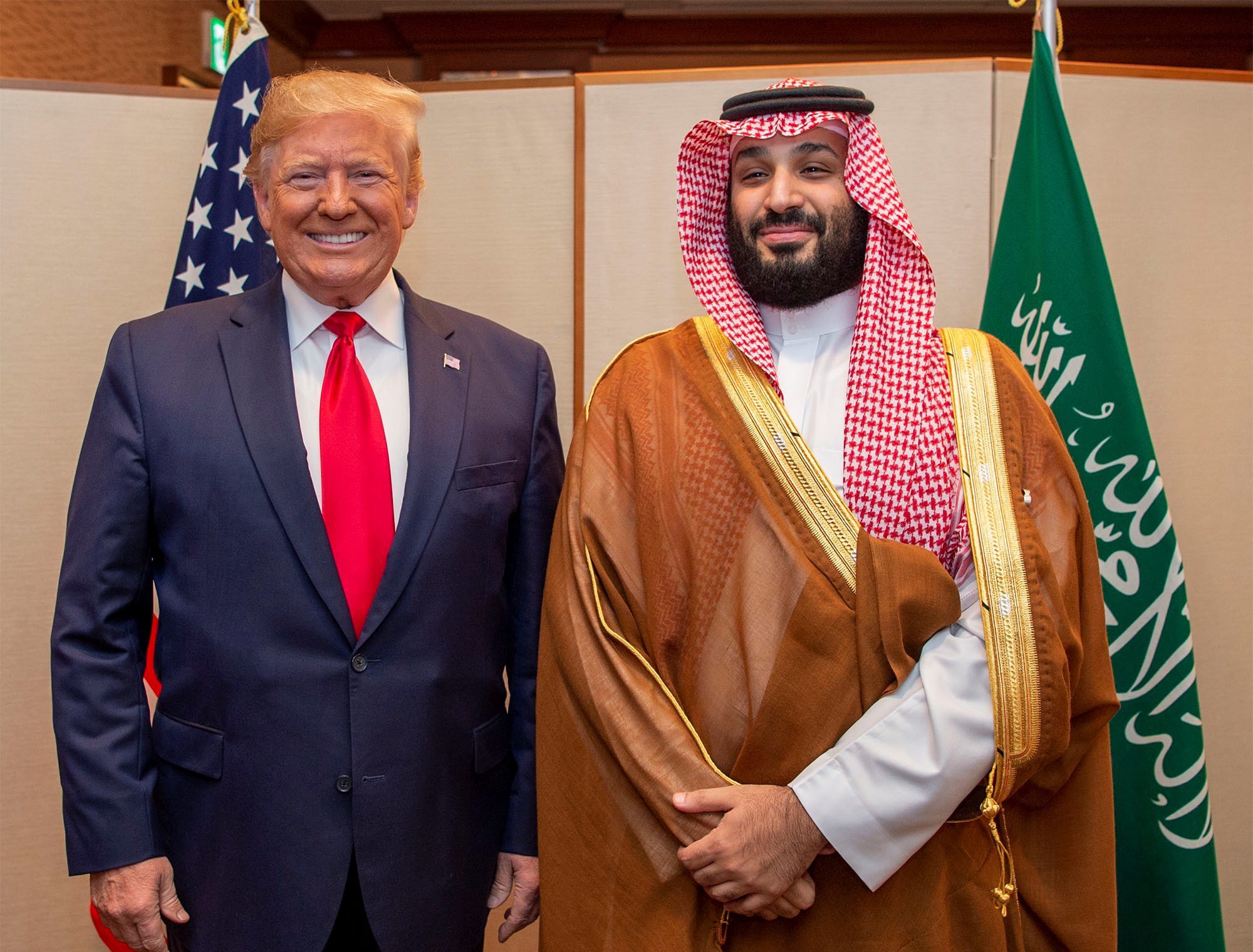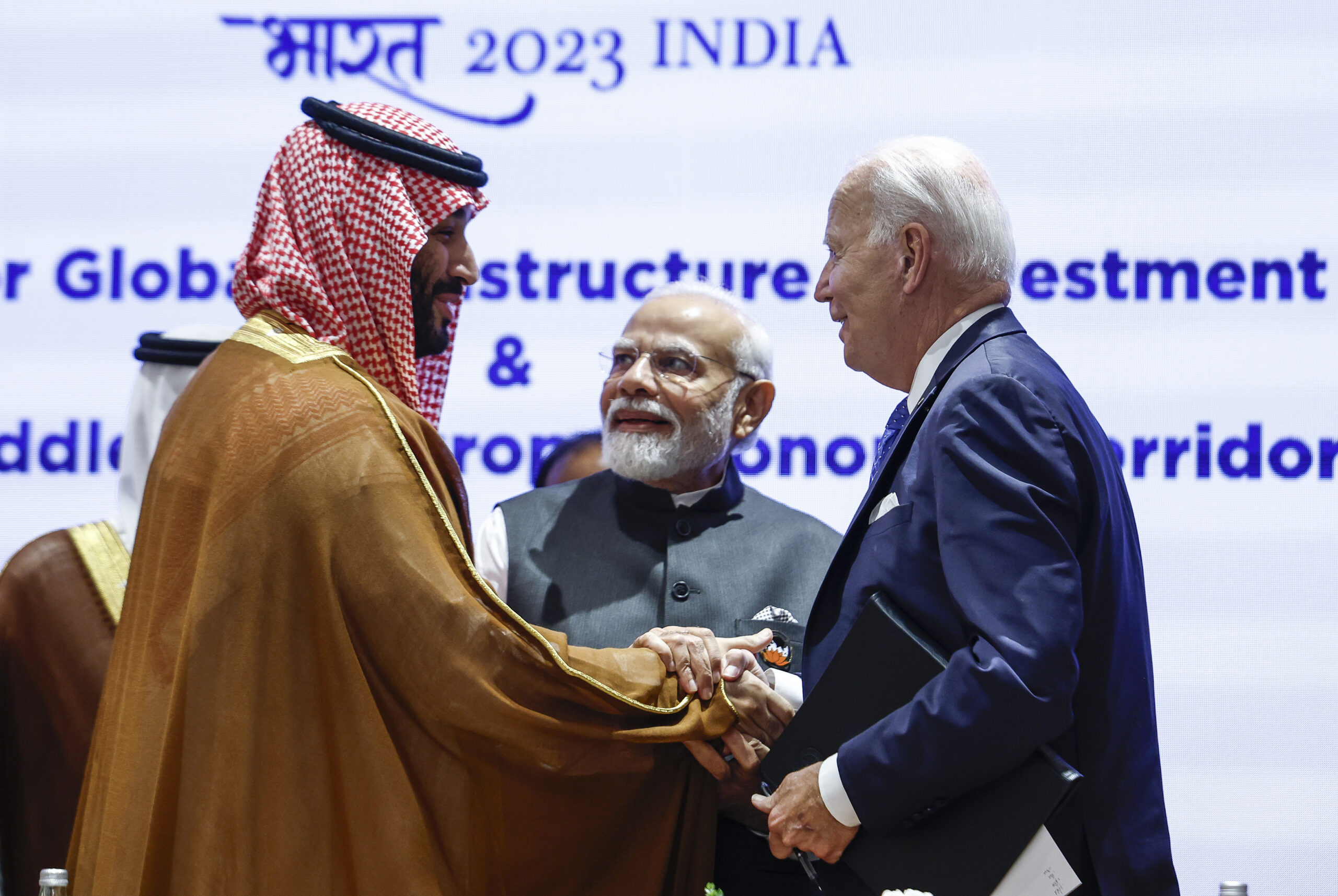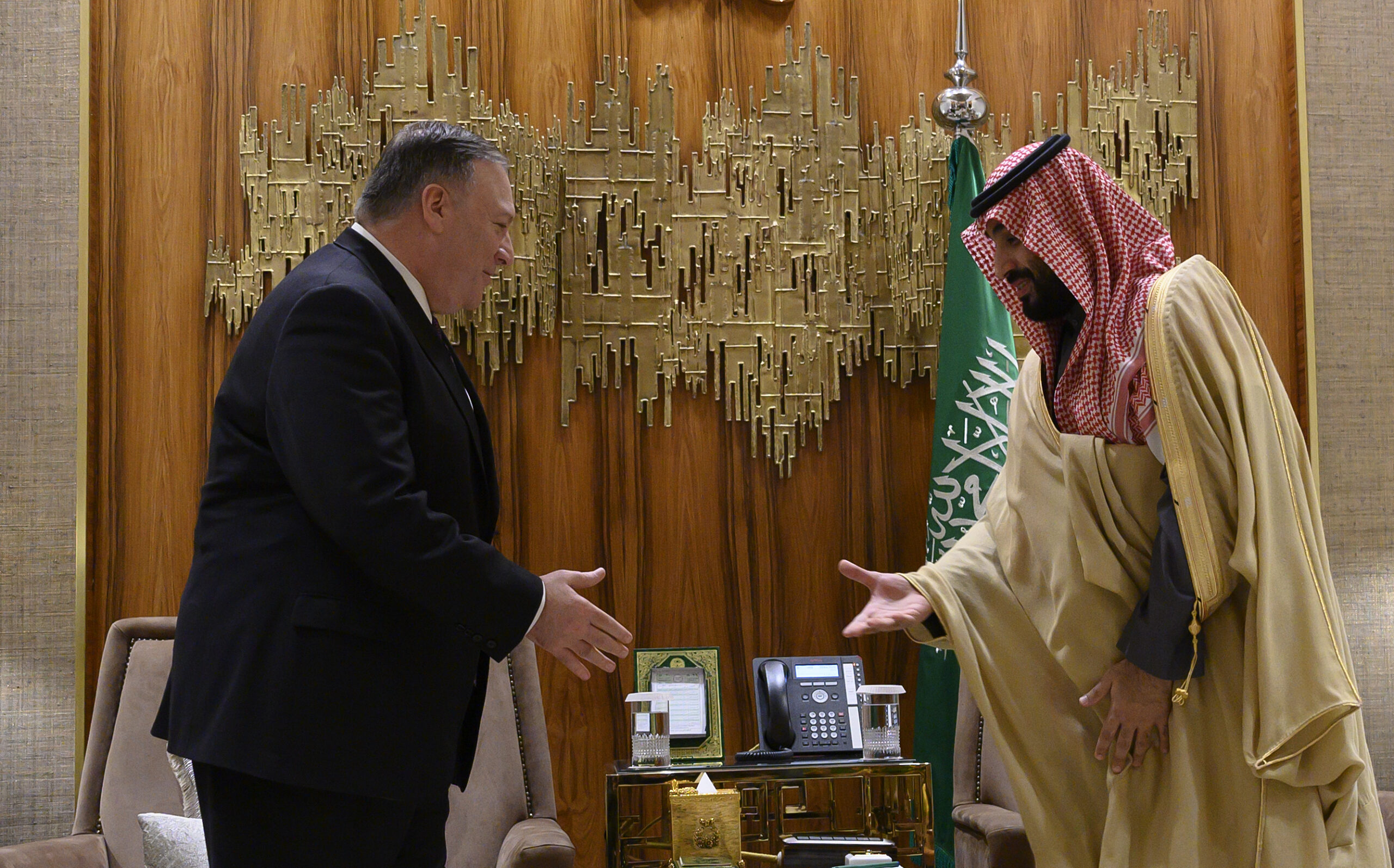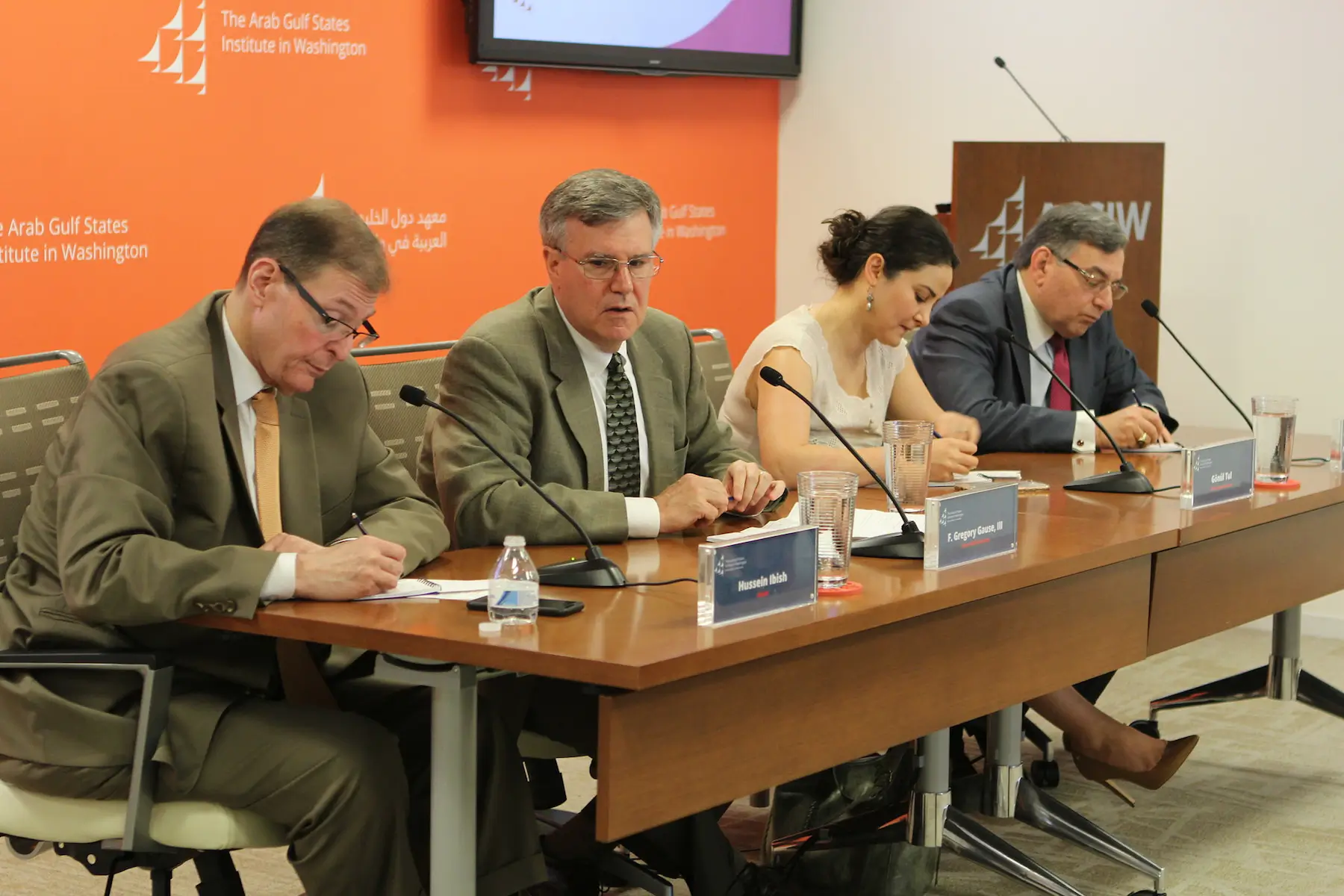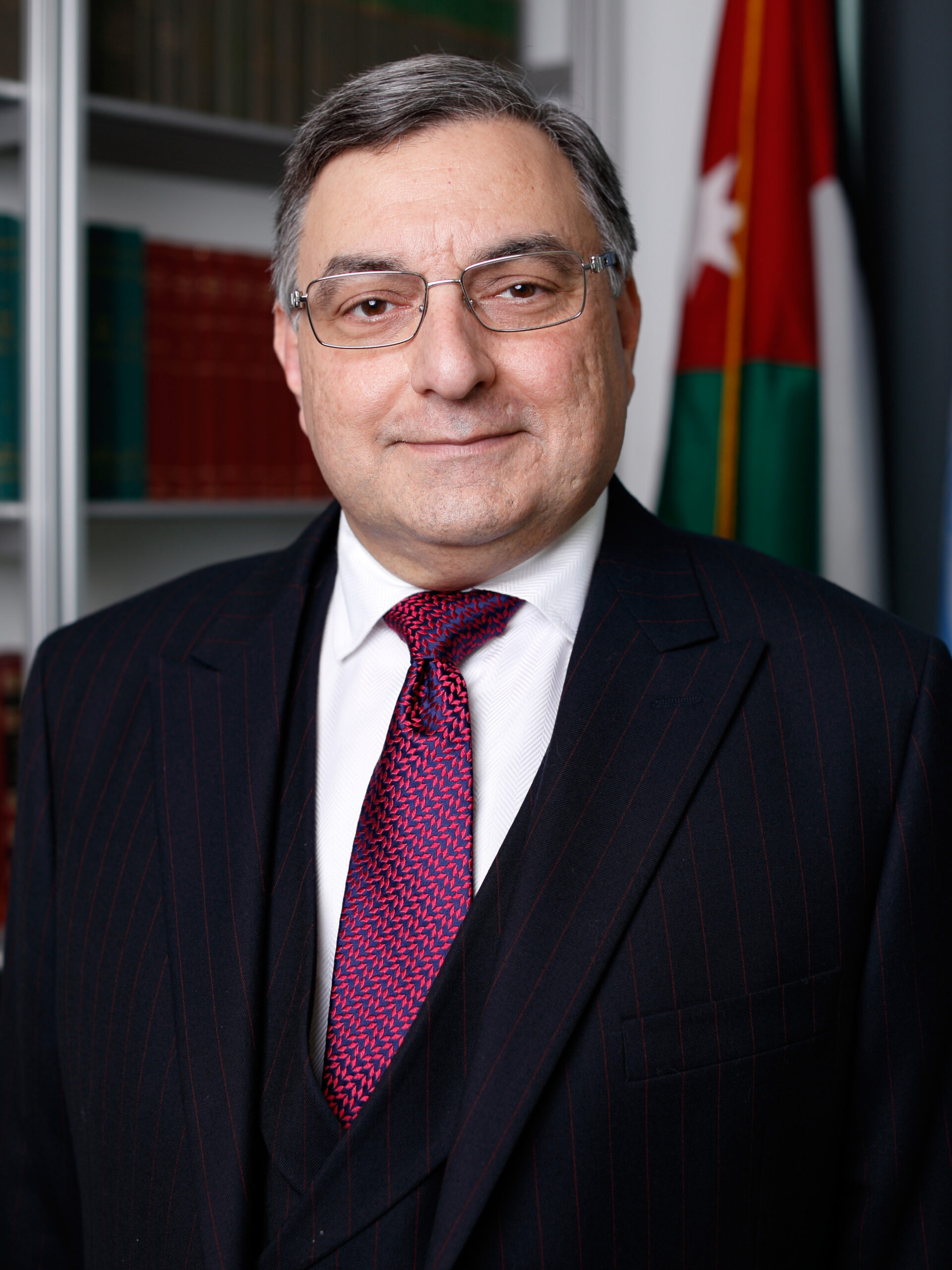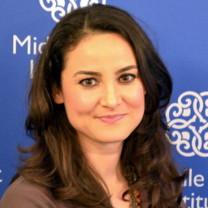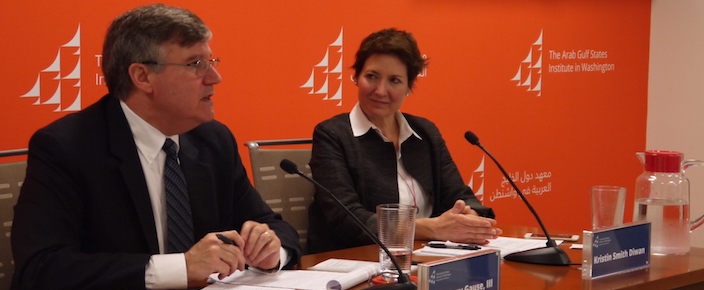
F. Gregory Gause, III, PhD
Board Member, AGSI
F. Gregory Gause, III is a member of the board of directors of the Arab Gulf States Institute. He is a visiting scholar at the Middle East Institute in Washington, DC and professor emeritus of international affairs at the Bush School of Government and Public Service, Texas A&M University. He was previously on the faculties of the University of Vermont (1995-2014) and Columbia University (1987-95) and was a fellow for Arab and Islamic Studies at the Council on Foreign Relations in New York (1993-94). Gause was also a Fulbright Scholar at the American University in Kuwait.
His research focuses on the international politics of the Middle East, particularly the Arabian Peninsula and the Persian Gulf. He has published three books, most recently The International Relations of the Persian Gulf (Cambridge University Press, 2010). His articles have appeared in Foreign Affairs, Foreign Policy, Middle East Journal, Security Studies, Washington Quarterly, and The National Interest and other journals and edited volumes. He received his PhD in political science from Harvard University in 1987 and his BA (summa cum laude) from St. Joseph’s University in Philadelphia in 1980. He studied Arabic at the American University in Cairo (1982-83) and Middlebury College (1984).
